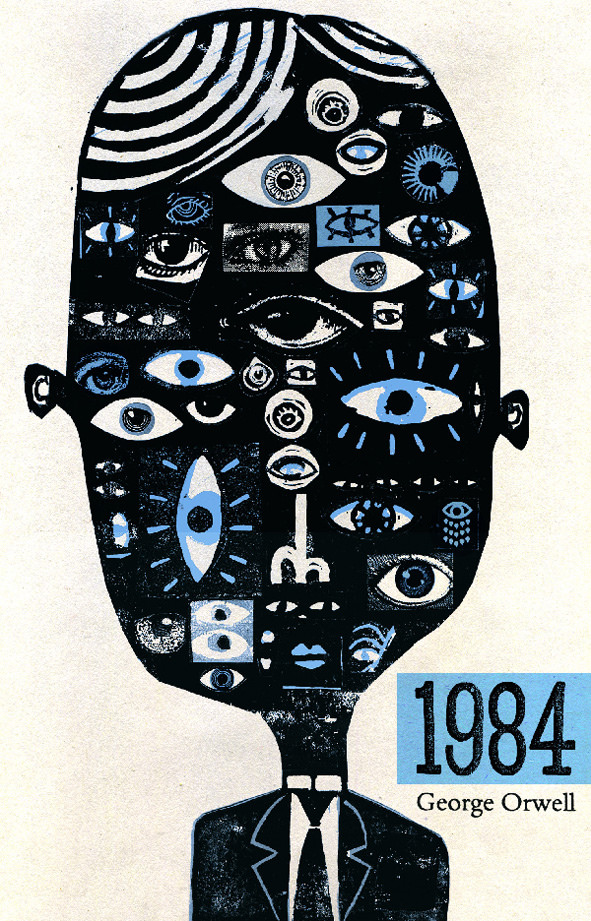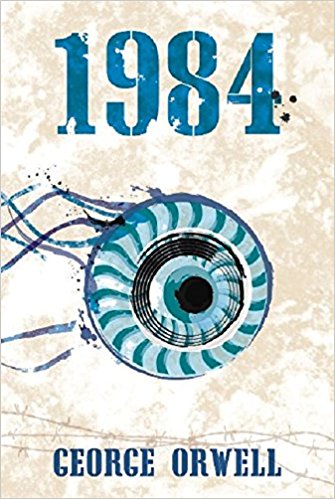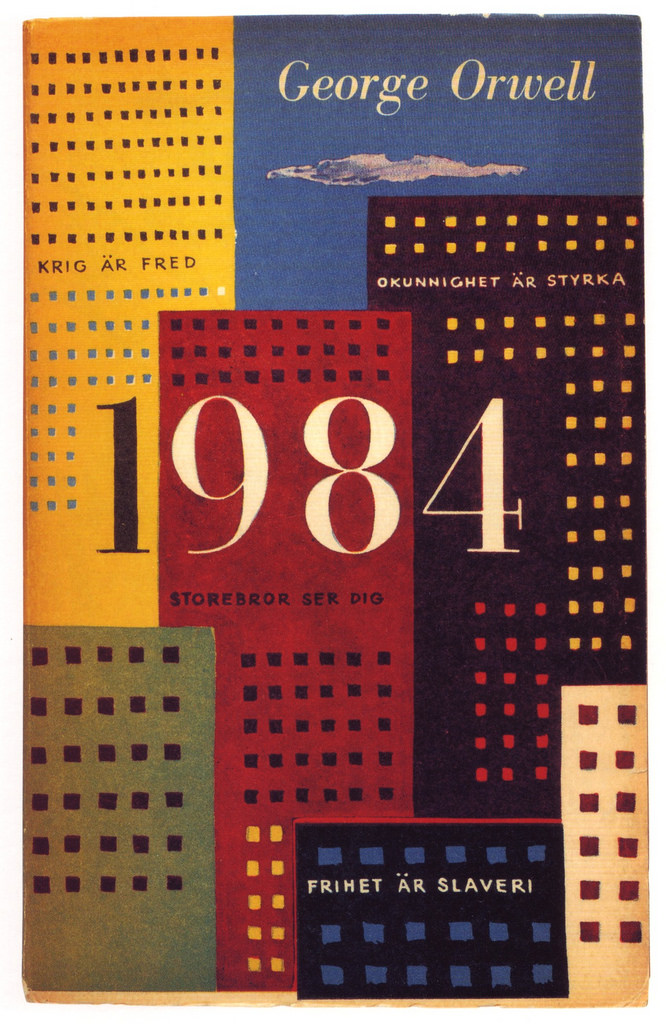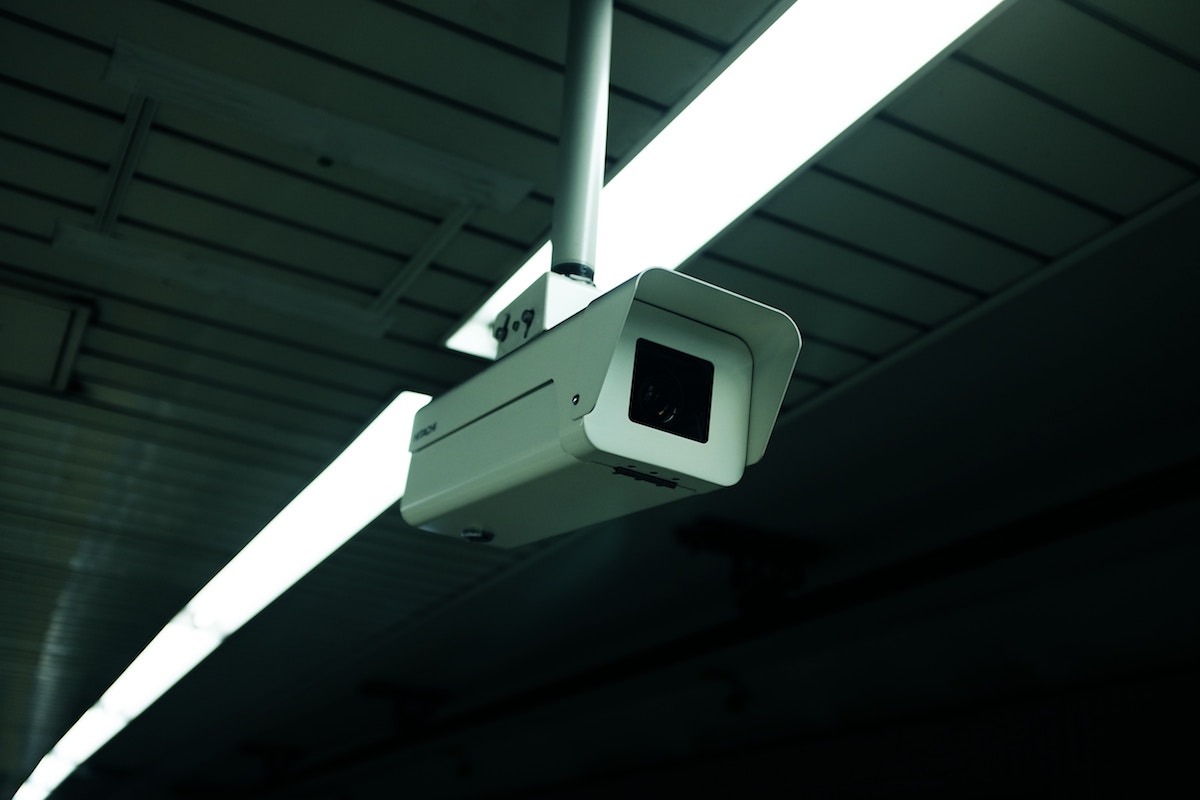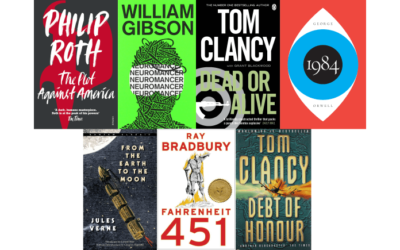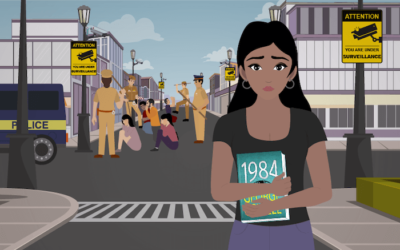Tata Literature Live!
Book In Focus- George Orwell’s 1984
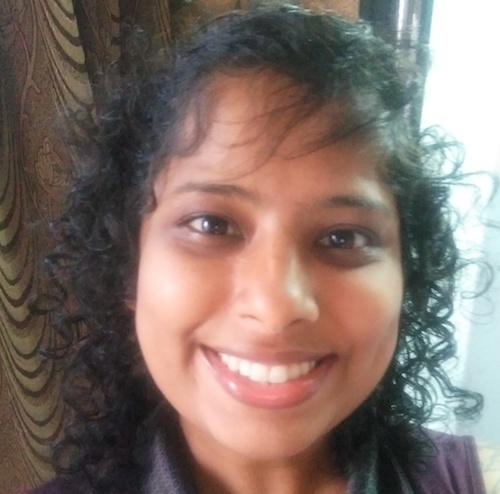
Deepti Thomas
November 21, 2017
This article is part of our special coverage of Tata Lit Live!, a Bombay-based lit fest held between November 16, 2017, and November 19, 2017.
O ne of the highlights of Tata Lit Live! was the discussion on the critically acclaimed classic 1984 penned by George Orwell. The speakers included Allan Sealy (The Everest Hotel, short-listed for the 1998 Booker Prize); Francine Prose (New York Times bestselling novelist and former president of PEN American Center); Jeet Thayil (Narcopolis, shortlisted for the 2012 Man Booker Prize for Fiction); and Margaret Drabble (D.B.E., novelist, and winner of James Tait Black Memorial Prize for fiction). This eclectic mix of speakers was tasked with commenting on 1984 and its relevance today. RJ Hrishi K. closed the discussion with his own comments and moderated the audience interaction.
Written in 1948, George Orwell’s 1984, spoke of a dystopian world to come – of a repressive regime, where a totalitarian government discouraged free thinking; doctoring the state through language, and re-writing history as many times as needed to create and maintain the illusion of absolute truth and thereby absolute control.
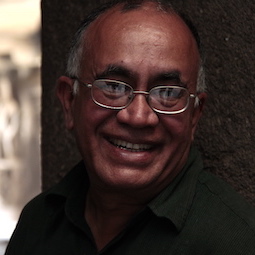
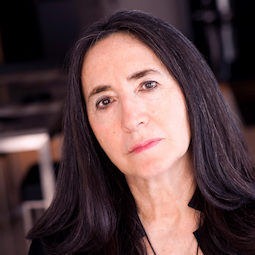
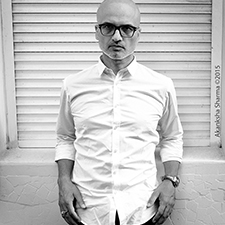
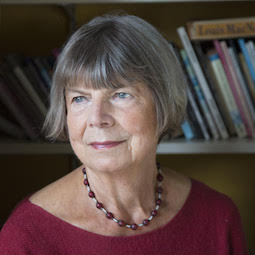
Allan Sealy opened the discussion with the opinion that the modern person isn’t a prisoner “un-free” from the forced doctrines of the State. Instead, with our incessant need for connectedness and to be live on social media, we give away our deepest of secrets and personal information without a second’s hesitation to websites and cellular networks.
If one was to track a person’s online activity – the ads clicked, the Google searches, the information freely disseminated on platforms like Facebook & Instagram, the opinions tweeted, the news articles debated on, the online petitions signed, the check-ins at movies & eateries, and the messages and pictures shared on WhatsApp, Google Hangout, and Snapchat – the most intimate and accurate profiling of a person, far more detailed than a resume, can be created. Even behavioural patterns, likes, dislikes, and the prediction of how one would react given the culmination of reactions in the past to similar situations and environments can be derived from an individual’s online presence.

According to Francine Prose, Orwell couldn’t possibly have fathomed how technology and unbridled corporate capitalism could effortlessly use our own desires to manipulate us with extensive use of language. In this day and age, Big Brother resorts to the refined art of storytelling that makes one exercise complete free will, while giving up our privacy at the same time.
Our need to “express” ourselves, to be “seen and have our egos massaged” could possibly be the last nail in the coffin of our individual freedom; one we ourselves would be hammering in while taking a selfie of us doing it.
Margaret Drabble followed up with the point that Orwell was completely wrong about the characterization of women and the proletariat, giving neither of them the dignity of resisting or questioning the happenings in the State or by the State.
Emphasis was laid by Jeet Thayil on history being used as a tool for manipulation and propaganda. As George Orwell observed, “he who controls the past, controls the future, he who controls the present, controls the past.” As soon as there is a purpose other than trying to tell the truth about what happened in the past (regardless of whether it is possible to find out the truth), a historical account becomes tainted. When one rewrites history to portray themselves in a better or different light, then such manipulation of facts is indicative of their authoritarian mindset.
Seated in the audience, Alyque Padamsee remarked on how our social conditioning to meekly obey and follow what is said by elders and the authorities since childhood makes us accept that everything is done for the greater good. It all starts with having to respect our elders irrespective of their behaviour which as we grow up expands to every walk of our socio-political life. Our education system does not encourage us to challenge and that exacerbates the problem.
Hrishi K concluded by mentioning that if we keep up the act, everything can be normalized and made believable by Big Brother; case in point, the need to compulsorily link Aadhaar Card to all our bank accounts. This has the potential to be very problematic without the benefits being made clear.
The obvious parable for this is the Boiling Frog story. Put a frog in boiling water and it immediately jumps out. Put it in normal water and keep increasing the temperature gradually, the frog becomes a victim of its own complacency and willingness and ultimately perishes. It dies by not responding to change.
That is my biggest take away from the panel discussion on 1984. To be aware of even the slight changes in my environment, to keep questioning the whys rather than hopping onto the bandwagon and giving away my right to free will and privacy at the slightest nudge. As you see, in the movie Circle, the true reveal of an agenda can be measured by asking if we know as much about “them” as they know about us. If not, is it really for “the greater good”?
How relevant do you think 1984 is today? Did Orwell get it right or do you agree with Jeet Thayil when he says that Orwell did not go far enough? Share with us in the comments below.
Receive articles like this in your inbox. Subscribe to our weekly newsletter and get the best of what to read from around the web.

Deepti Thomas
Deepti Thomas is a solo traveler and a storyteller at heart. She wonders if there is a Latin version of 'I write therefore I think'. She is often found lost in the passages of either a crime thriller or in the world of Tibetan Energy Medicine with the eternal hope of writing a book she would understand one day.
She works as a freelancer with The Curious Reader and also runs a home bakery for ketogenic desserts. Follow her on Instagram.

